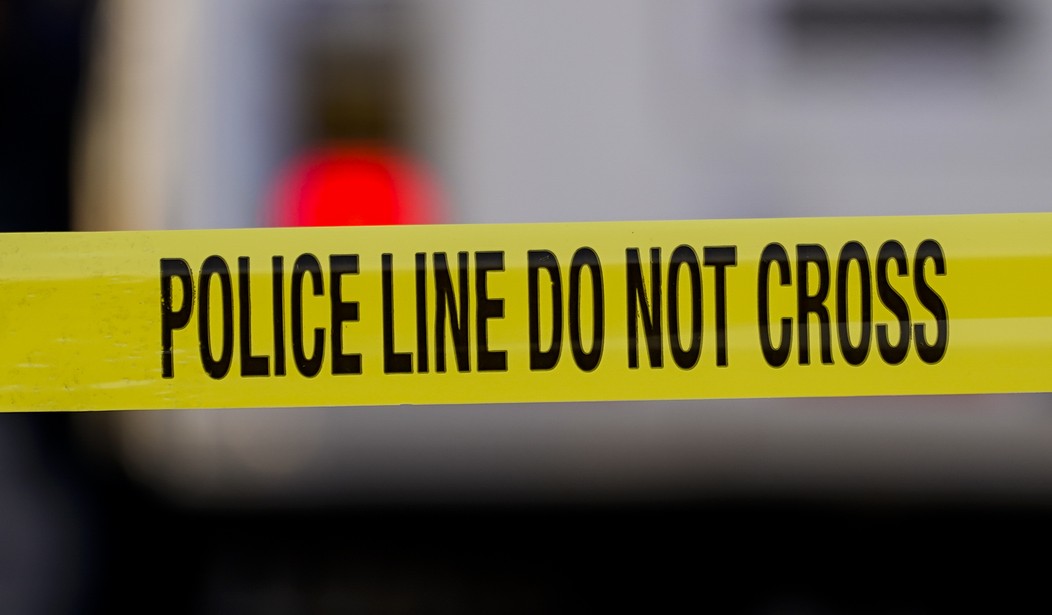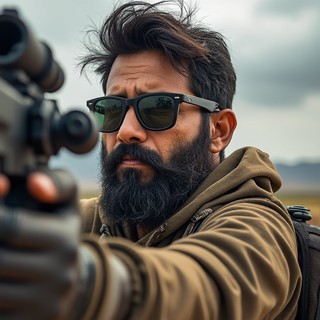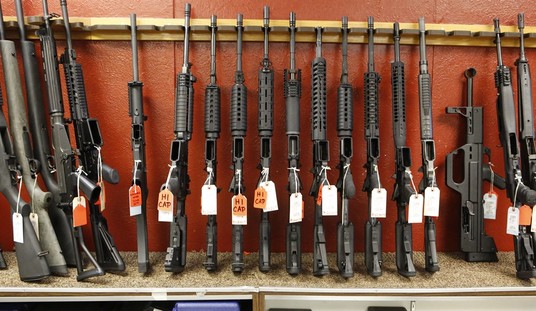When your society has reached a point where you can’t agree on whether or not a man can get pregnant, you know that rational discourse based on shared underlying facts is extremely difficult if not impossible. Generally speaking, but especially so in a society that has reached such a point, the government ought to stay completely out of the news business. Yet, unfortunately, we have taxpayer-funded left-wing propaganda in the form of National Public Radio (NPR).
NPR’s far-Left bias is well-known. Still, it’s amusing to see them finally realize something that gun rights advocates have said all along, that when seconds count, the police are minutes away.
The tragic history of police responding too late to active shooters
Confusion, chaos and wrong information appear to have contributed to law enforcement’s delay in stopping the gunman at Robb Elementary School in Uvalde, Texas.
The gunman spent more than an hour inside the school while police waited outside, authorities say. This was because the incident commander, school district police chief Pete Arredondo, treated the scene as a barricaded-person situation rather than as an active shooter situation.
Details of exactly what went wrong are still hazy as the investigation is ongoing.
Law enforcement experts say what happened in Uvalde is reminiscent of what occurred in prior mass shootings, including the attack at Columbine High School in 1999 and at Marjory Stoneman Douglas High School in 2018.
As shown by the Uvalde shooting and others before it, police are still making tragic missteps in the most critical moments of active shooter situations — regardless of training.
Police are human beings like the rest of us. They are not supermen or demigods. Exclusively depending on the police for one’s protection is a bad idea because of the fallibility of our fellow humans in uniform.
“Columbine changed everything,” Joseph Giacalone, an adjunct professor at John Jay College of Criminal Justice and a retired New York City Police Department detective sergeant, told NPR. “When you have an active shooter, you have to end the threat. Because if you don’t, the person continues on killing.”
Cullen went on to say that this protocol has worked. During the 2007 Virginia Tech shooting, he wrote, “it probably saved dozens of lives.”
This is something that the gun rights community has been screaming from the rooftops for a long time. Stopping aggression that’s imminent or already underway requires the immediate reciprocal use of defensive force.
Calling cops and waiting is a bad idea when an attack is imminent or already underway, because when cops do arrive, there is no guarantee that their response won’t end up in inaction, such in Uvalde or Parkland, or in shooting the wrong person, as was the case with John Hurley in Arvada, CO.
The article also addresses fear, command, the lack of intelligence (just one meaning of the word, unfortunately), and basic incompetence such as not checking if your radios are actually functioning.
Though this may be the standard now, instances have shown that fear may get the better of responding officers.
[…]
“It’s about the unifying of command. It’s about having an unseen coordinator. It’s about somebody dictating what has to go on inside and when somebody has to go on dealing with things outside,” he said. This was clearly a missing piece in Uvalde, Giacalone said.
[…]
More work needs to be done to address intelligence available to officers at these scenes, Giacalone said.
[…]
The shooting at Marjory Stoneman Douglas High School occurred just outside the Coral Springs Police Department’s jurisdiction, yet the 911 dispatch center didn’t make any officers aware of the shooting for over four minutes after receiving the first 911 call, according to the commission report analyzing the shooting.
[…]
Additionally, officers reported their radios not working at all, causing many not to respond urgently when they heard gunshots.
Although it is good to see NPR tell its listeners and readers that police responses can be slow and ineffective, and address a wide range of factors such as training, command, intelligence, fear, and incompetence, it is a letdown to see NPR not acknowledge the best solution that gun rights advocates have been demanding all along: armed self-defense.
That may take another decade or two, but better late than never, right?









Join the conversation as a VIP Member